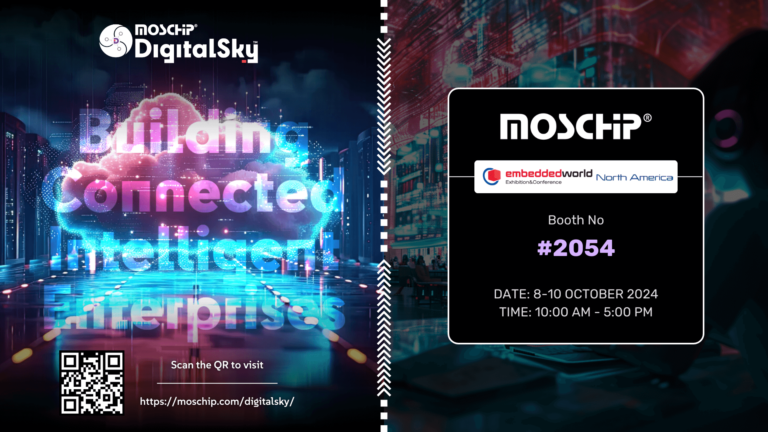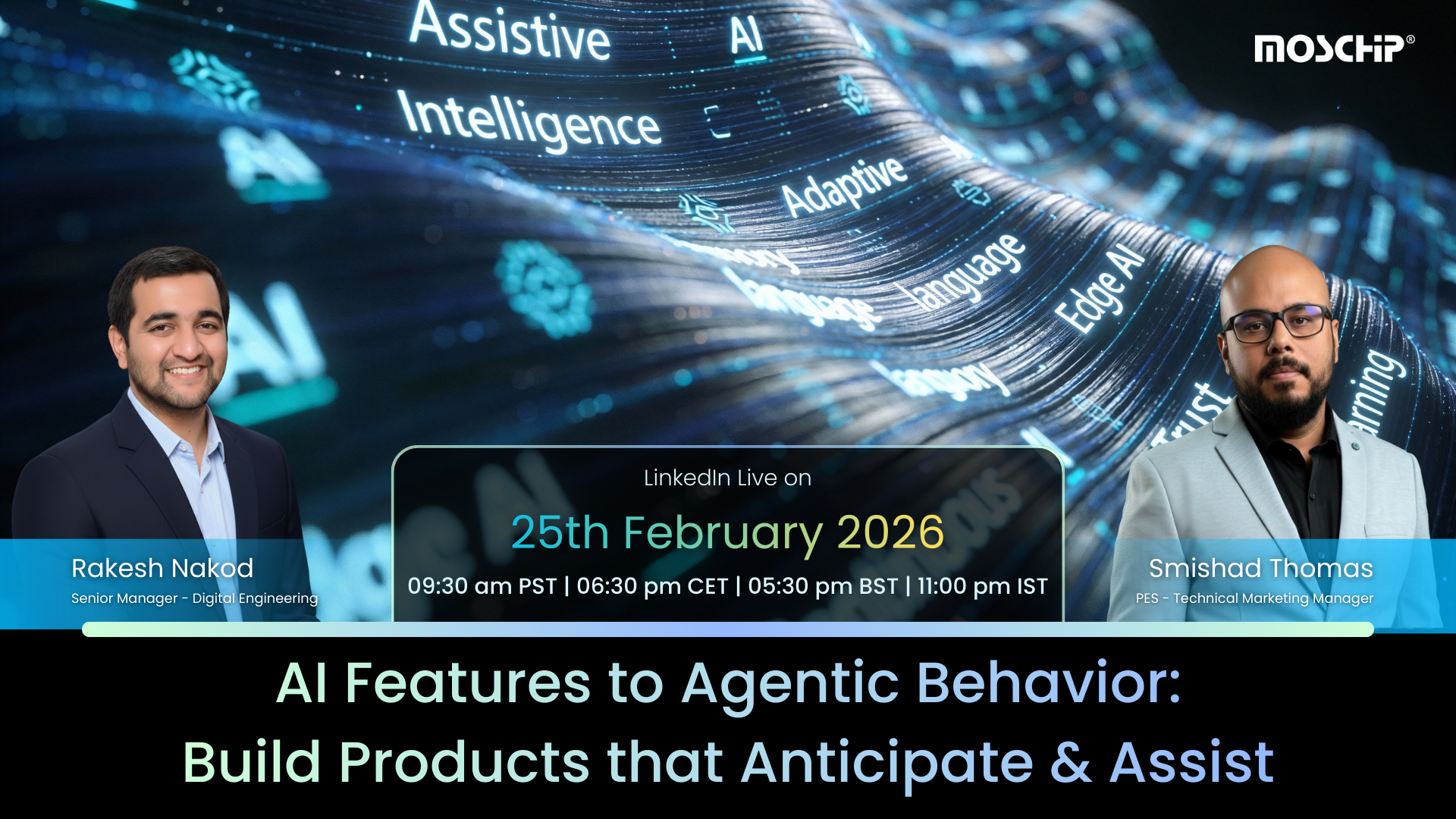How To Mint Cloud Migration For Organisational Gains
Are you looking for reasons for moving toward the cloud or the cloud services, but don’t really know about the benefits?
The move to the cloud can be daunting, difficult, and trying. But, it is also necessary and inevitable considering the demo seen during the unfortunate #COVID crisis forcing people to work from home. Migration to the cloud ensures your IT administrator has one less failure to worry about.
Essentially, a cloud service can refer to any asset provided over the internet. The migration to the cloud has introduced the modern-day consumer with an unprecedented amount of convenience and comfort through smarter living. It has made the customers more demanding, and technology innovators are constantly striving to meet these ever-increasing needs. The sweeping changes that migration to the cloud can bring to how companies oversee the physical assets, how consumers attend to their health and wellness, and how urban areas operate have furthermore inspired visions of a very different future, as well as a good deal of hype.
According to IDC, worldwide cloud services spending could grow from $229 billion in 2019 to nearly $500 billion in 2023. What cloud computing brings to companies is flexibility and functionality. Since the cloud is a vast network – it is simpler to store as huge a volume of data as you want or need to. In any case, it’s important to note that cloud computing in the business industry is totally different from using the cloud for home-based offices or personal needs. Businesses need to decide whether they should go with Platform-as-a-Service (or PaaS), Software-as-a-Service (SaaS), or with Infrastructure-as-a-Service (IaaS) for cloud implementation. Cloud computing allows business owners to concentrate on what is important, that is their business.
Another reason for moving towards cloud is digital transformation. Nowadays as the invasion of the digital transformation is taking the state of a leviathan, there are powerful tools to assist organizations to determine and regulate customer activities on their websites. Digital transformation is the need of the hour. Not only does it help businesses to offer enhanced customer experiences, but it also enables them to generate more revenue.
According to IDC, global spending on digital transformation will be $2 trillion by 2022. The fate of the digital economy depends on individuals and organizations trusting computing technology. The digital transformation generally takes place in the three primary aspects of business, which incorporate the customer experience, the business model and the operational process, the focus must always remain on the enhancement of the consumer experience. This leads businesses to the biggest challenge which involves how one can utilize all these three elements of a business to offer a fulfilling and all-round holistic experience to their consumers.
Digital transformation is sweeping through every industry, prompting organizations to install audio, video, and vibration sensors across their operations. However, given that 30% of IoT projects fail in the proof-of-concept stage, it’s entirely reasonable to be cautious when it comes to investing money in large-scale IoT deployments.
Transitioning to the cloud is one of the most important and fundamental steps in any organization’s digital transformation. A multi-cloud approach, when implemented correctly, should be a best practice to keep data secure. The benefits are numerous, and with the future primed for the evolution and adaptation of emerging tech, multi-cloud provides an essential foundation for tomorrow’s workloads and workforce needs.
About MosChip:
MosChip has 20+ years of experience in Semiconductor, Embedded Systems & Software Design, and Product Engineering services with the strength of 1300+ engineers.
Established in 1999, MosChip has development centers in Hyderabad, Bangalore, Pune, and Ahmedabad (India) and a branch office in Santa Clara, USA. Our embedded expertise involves platform enablement (FPGA/ ASIC/ SoC/ processors), firmware and driver development, BSP and board bring-up, OS porting, middleware integration, product re-engineering and sustenance, device and embedded testing, test automation, IoT, AIML solution design and more. Our semiconductor offerings involve silicon design, verification, validation, and turnkey ASIC services. We are also a TSMC DCA (Design Center Alliance) Partner.
Stay current with the latest MosChip updates via LinkedIn, Twitter, FaceBook, Instagram, and YouTube









